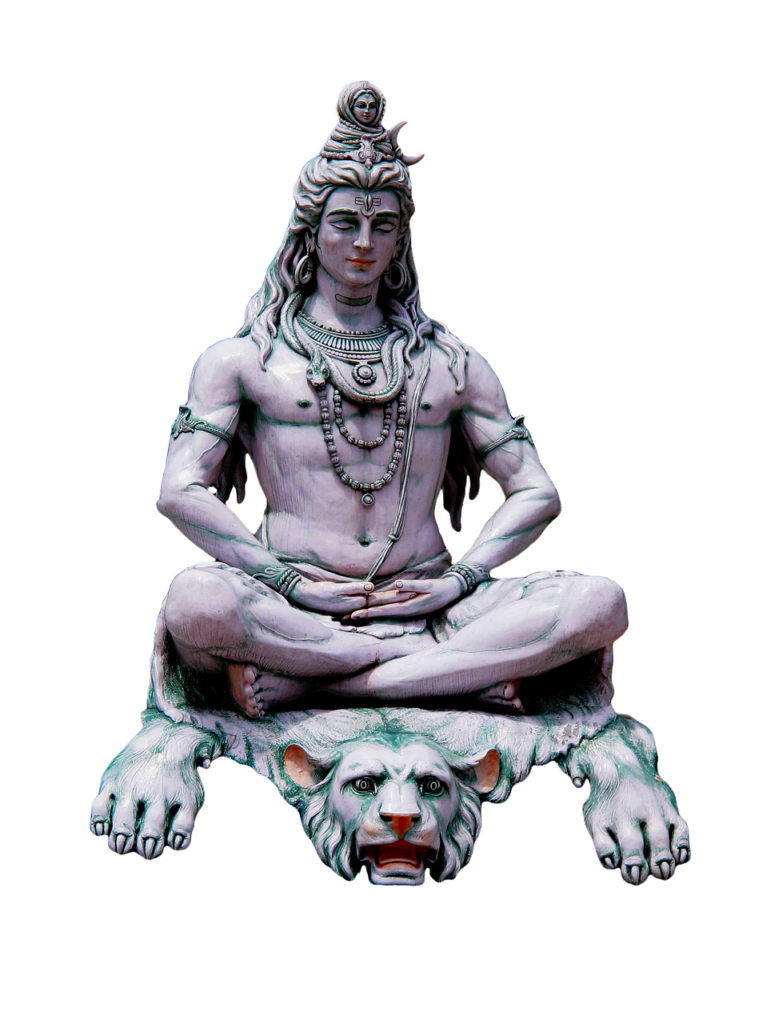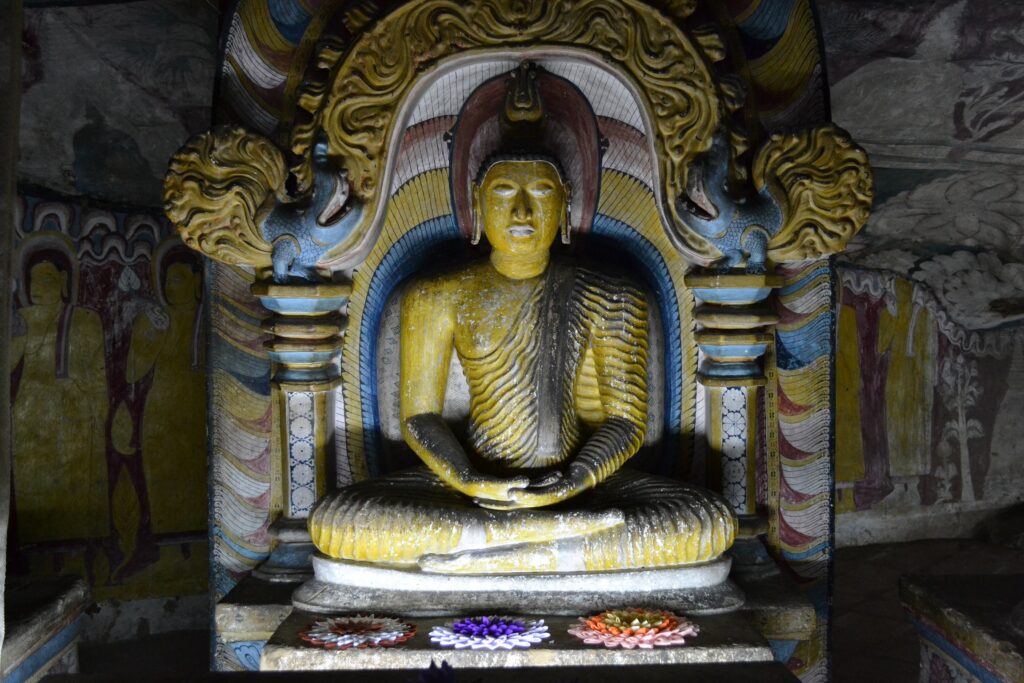Ayurvedic Psychology

Psychology and the insight into the human psyche and soul is an integral part of Ayurveda. Based on the profound knowledge and wisdom about the mental aspects of the patient, the physician or therapist can properly diagnose and treat the patient with great care and success. Body and Mind cannot be separated and therefore it is crucial to know about psychological features to advise the correct lifestyle changes for those seeking help from an Ayurveda therapist.
States of Mind in Ayurveda

In Ayurveda and Yoga, the mind consists of the so-called „Chitta“ which can be roughly translated as „Mind-stuff“. The Chitta can be compared to a lake. When in motion waves are produced, the waves are a reaction of the mind to incoming stimuli provided by the five senses. So whenever something is seen, felt, heard, smelled, or tasted the mind reacts according to the knowledge which was previously stored. The reaction of the mind creates a wave in the Chitta and brings the mind into motion. This process can be compared to a stone that is thrown into a lake producing waves that bring the water into movement. This is a very basic explanation of the psychological process within the human mind.
Ayurveda differentiates between three different states or modi operandi through which the mind works. These three states are called „Gunas“. The three gunas are as followed:
- Tamas – a lazy and dull state in which we are not motivated to do much and are prone to negative thoughts, unhealthy habits and depressive tendencies.
- Rajas – a restless state where we tend to be very active and highly motivated to work for our personal wellbeing and wealth.
- Sattva – a state of equilibrium and perfect balance, in this state we can see things clearly and act in a calm and peaceful way for the benefit of everyone involved.
The guna theory is also a very important part of the diagnostic process in Ayurveda. Knowledge about the patient´s state of Mind helps to treat him or her in the most suitable way and ensures a successful treatment protocol. The profound and deep wisdom of the Vedic sciences is India’s gift to the world and the insights discovered by physicians, meditators and Rishis have contributed to the science of life and made it possible to cure many diseases that are seen as incurable in other medical systems.
Ayurvedic Psychology in daily life

The decisive question for every science, especially for Psychology, is its applicability in daily life. How can Ayurvedic Psychology help me as a human to evolve further and to successfully navigate through life?
The main difference of all Vedic approaches and psychological models lies in the way a human and his behavior is approached and seen. Western Psychology has based its theories mainly on the study of abnormal behavior. Freud and all the leading Psychologists and Psychiatrists that followed him have studied deranged minds and humans that showed symptoms of an ill mind. So the focus of Western models is based on pathological behavior and abnormal tendencies. This has led to the belief that „normal“ behavior is an ideal and a human that is behaving in a socially acceptable manner has reached an optimum in mental wellbeing.
Vedic approaches on the other hand have always taken a completely different standpoint. Their theories about the human psyche are based on role models like Buddha, Kabir, Swami Vivekananda and other Saints and Rishis who have developed their mental capacities and characters through deep contemplation and meditation. So for Ayurvedic psychology a mind that is mostly concerned with past and future and experiences fear and other disturbing mental tendencies, has not reached it’s optimum yet. In Vedic Psychology, a completely sane and peaceful mind is under the control of the individual and has reached the superconscious plane. As soon as somebody becomes fully conscious of one´s unconscious and subconscious tendencies and has eliminated all psychological fear, he or she has reached an optimal state of mind. So the standard of the Eastern Philosophy and Psychology is almost diametrical compared to the Western approach.
Of course, there are more and more new models of Western Psychology, like positive Psychology or humanistic Psychology, that are also oriented toward developing a conscious state and empower humans to explore their true potential. Many of the modern approaches are in compliance with the Vedic point of view and can be combined with methods from the East to suit the modern way of thinking.
Working towards superconscious states
Because the Ayurvedic standard is set far from what we view as normal, there must be a way to attain the states described in the Vedic scriptures. And to attain a truly sane and blissful mind, the Rishis and Saints that developed the science of Ayurveda and Yoga have found and developed methods to work towards the superconscious awareness that Buddha and others attained in their lifetime. These methods and practices have all been described in minute detail hundreds and even thousands of years ago. The scriptures containing this knowledge of the inner mechanisms are the Vedas and Upanishads of India and the Hindu Philosophy. Many have heard of the Bhagavad Gita where Krishna teaches Arjuna the way of life and how to navigate one´s destiny consciously – even on the battlefield. Although these scriptures have been composed and written a long time ago, they are still relevant for humans and modern life and will always be a guiding light for those who want to expand their consciousness beyond the limitations set by society’s standards.

